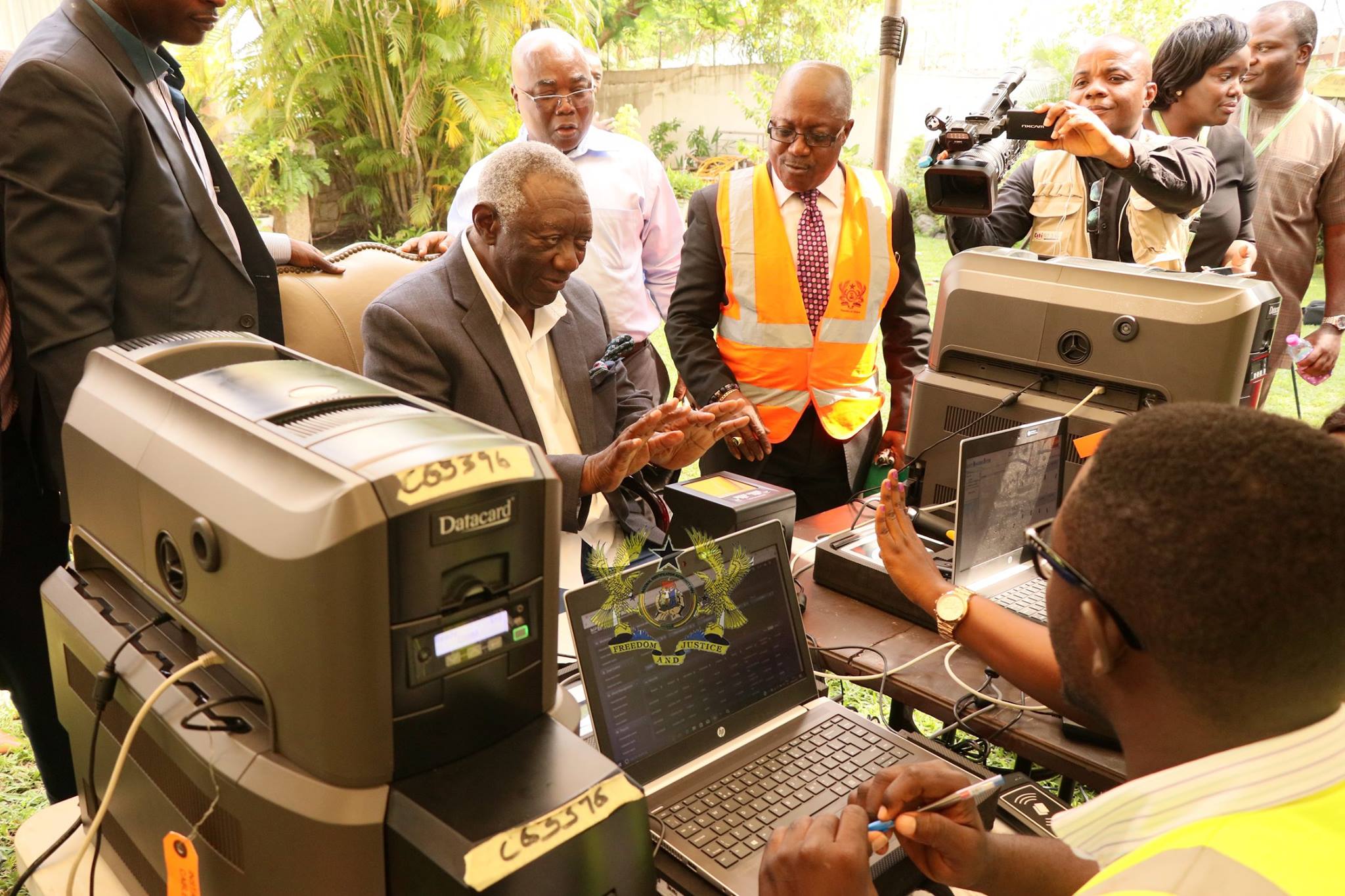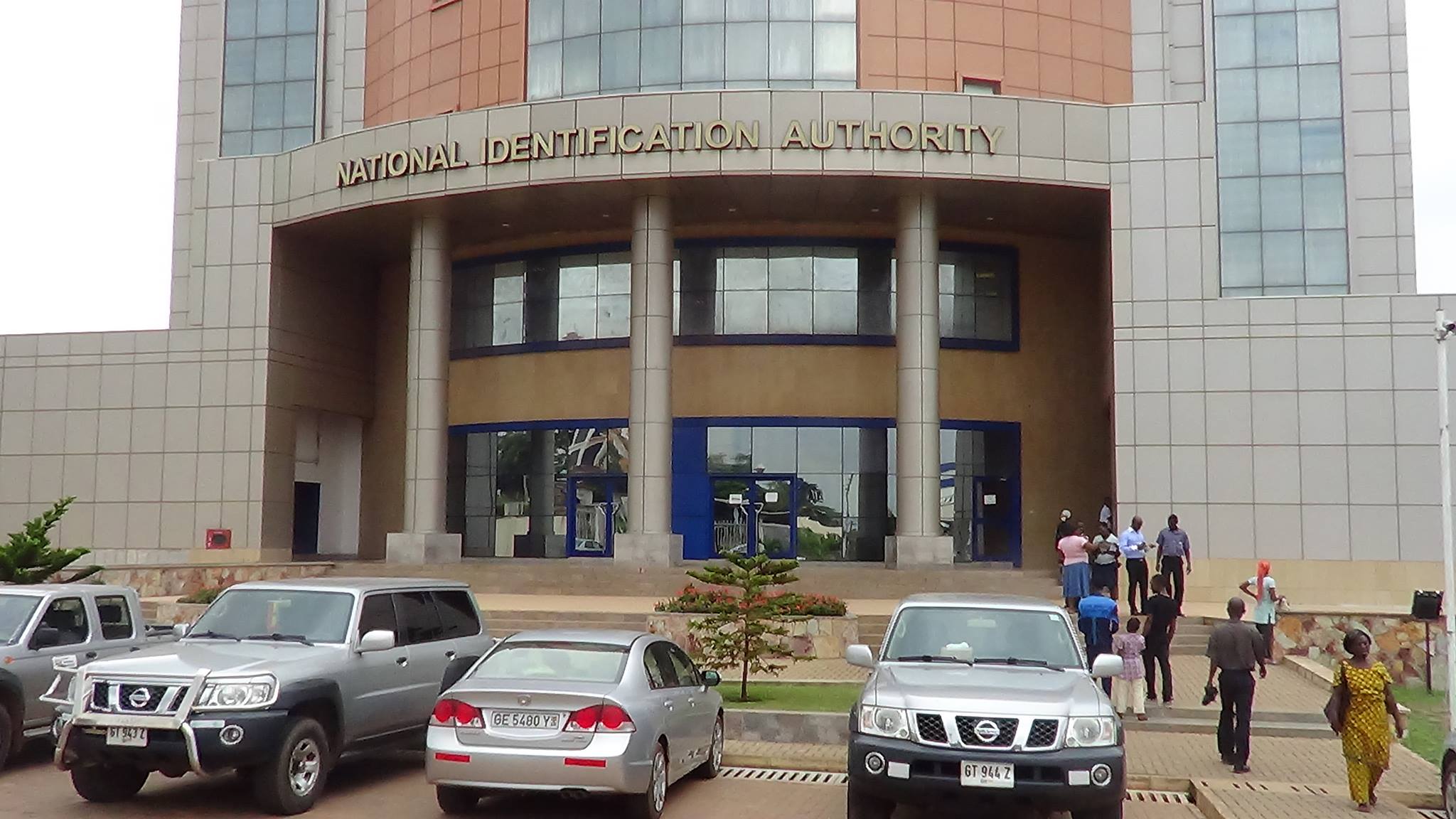NIA decentralizes Ghana Card operations
The National Identification Authority (NIA) has extended Ghana Card operations from its headquarters to 17 regional offices across the country.
In addition, the NIA would provide services, including the registration and issuance of National Identity cards (Ghana Cards) in 275 district offices.
The regional offices of NIA are 17 because the Greater Accra Region has been divided into Accra West and East.
The situation is the same at the district level, where some have more than one office.
The move forms part of its decentralization processes to enhance efficiency.
It is also in line with the statutory mandate of the NIA to register and issue Ghana Cards to all Ghanaians from age zero to infinity, as well as foreign nationals lawfully resident in Ghana.
The Acting Head of Corporate Affairs at NIA, Abudu Abdul-Ganiyu, explained to The Ghana Report in Accra on Monday that registration continues unabated.
“We’re becoming a public sector institution that requires that we have offices across the country so that Ghanaians can access our services wherever they live and find themselves,” he said.
“After the mass registration phase, we have now moved into continuous registration, where NIA’s activities, functions, and operations become an everyday activity”.

Misplaced or damaged cards attract a fee of GH¢30, but registration is free.
As part of the decentralisation roll-out, from Tuesday, June 1 to Sunday, June 6, 2021, NIA would set up, do public sensitisation and engagements with community leaders on the operation of the regional and district offices.
From June 7, there would be the issuance of Ghana Cards to Ghanaians who registered during the mass registration exercise but could not get their cards.

Ghana Card numbers to be used as TIN
The conversion of TIN into Ghana Card number commenced last month, with a call by the Commissioner-General of GRA, Rev Ammishaddai Owusu-Amoah, for Ghanaians to support the government’s digitisation drive.
Rev Owusu-Amoah noted that the exercise would widen the country’s tax net, and in the end, lead to a significant increase in tax payment and revenue generation.
He added that the process would also ensure that the Authority did not only engage Ghanaians in registering but to establish a relationship that would foster tax compliance.
Mr Abdul-Ganiyu observed that the process has been smooth.
“For persons who have some transactions with GRA, once they walk into these offices, they can also get registered for the Ghana Card, so that in terms of tax administration, their Personal Identification Number (PIN) on the Ghana card PIN becomes their TIN,” he said.



